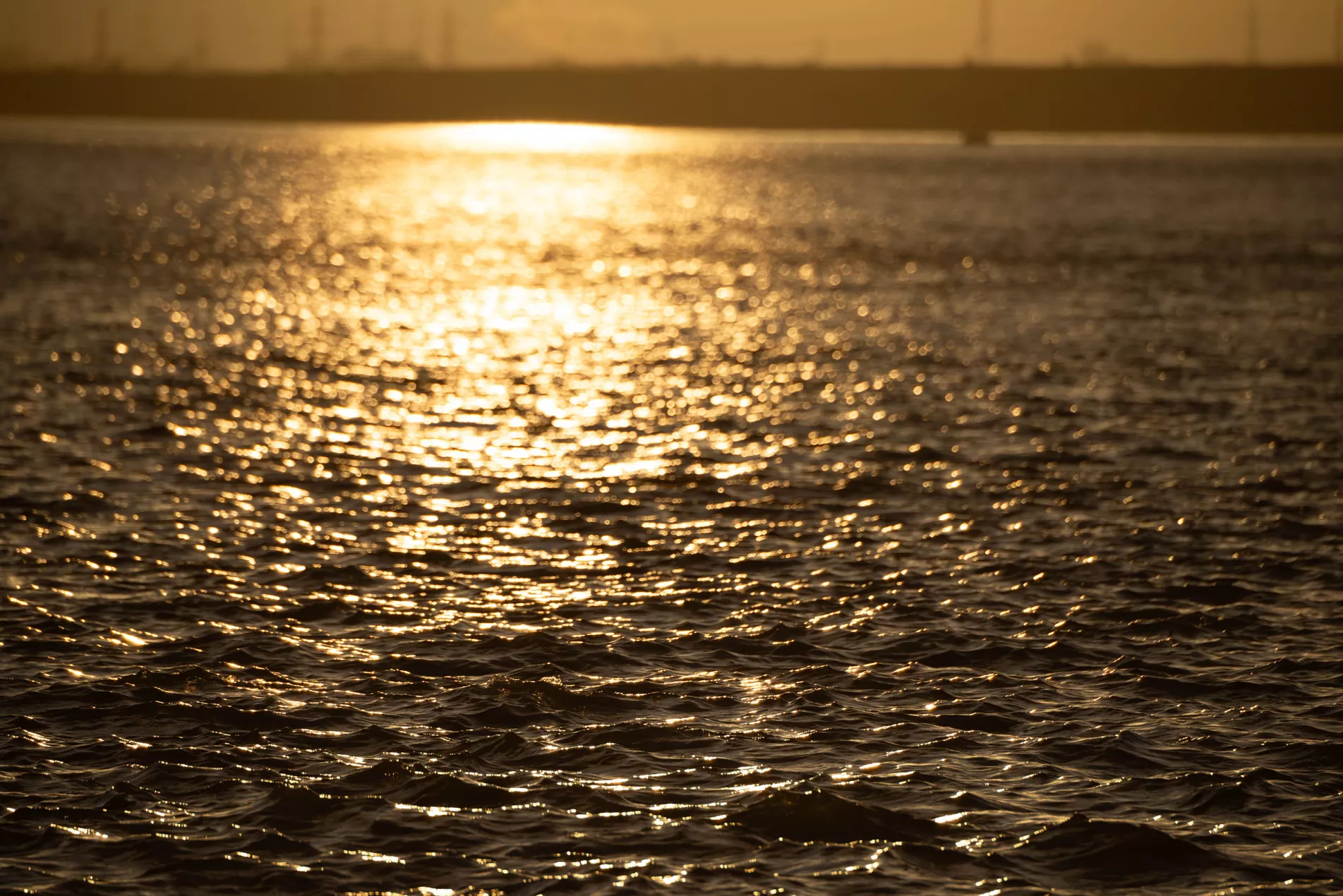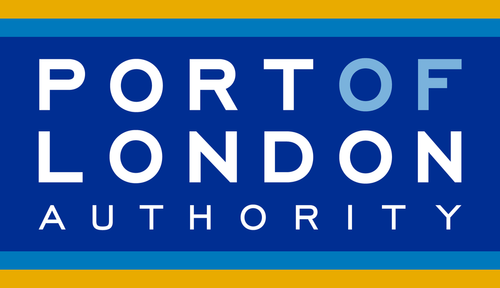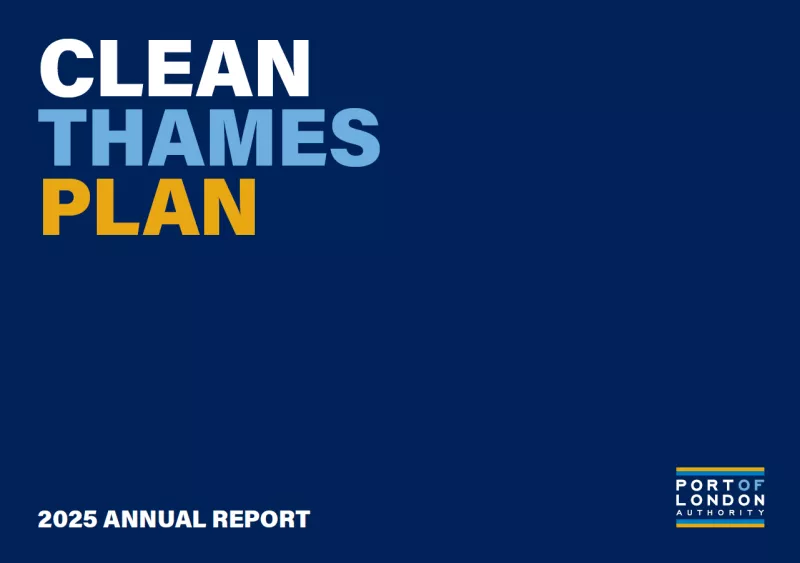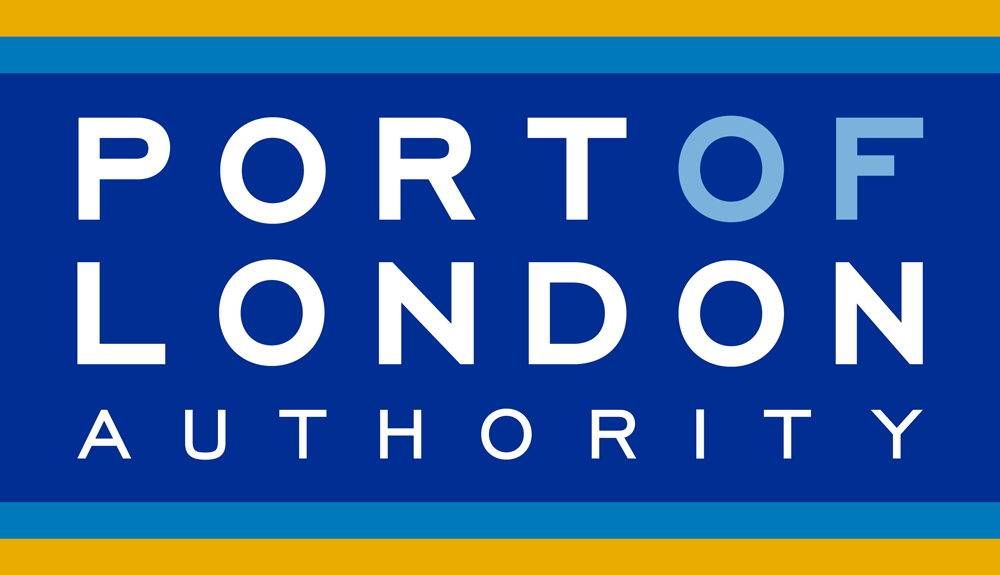Live Tides
NOTICES TO MARINERS
Charts & Surveys
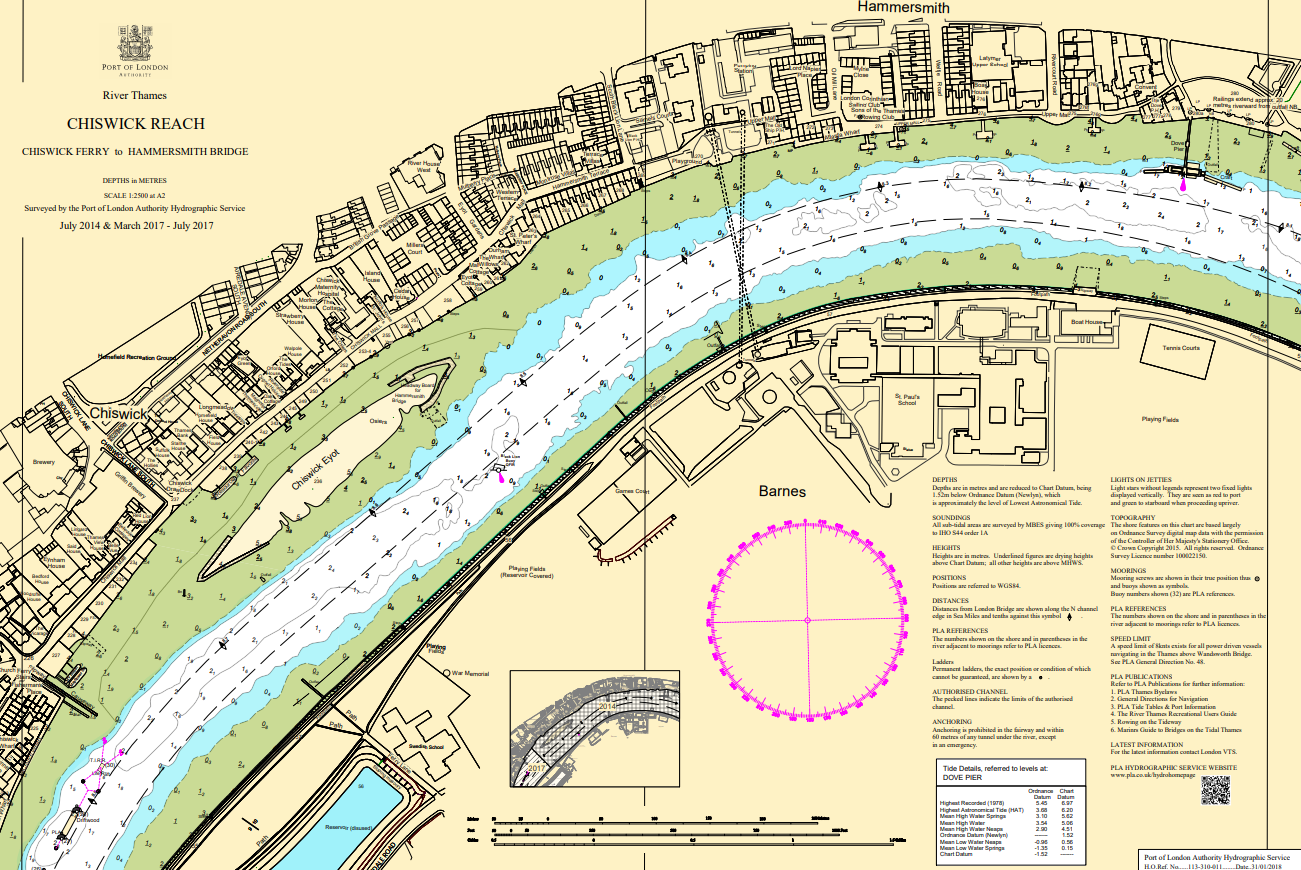
Incident reporting
Life-threatening emergencies on the river:
Call 999 and ask for the Coastguard
For near miss, safety observations and incident reporting click below
Navigational safety policy
We have the primary responsibility for maintaining safe access and managing the safety of vessels, the general public and all users of the tidal River Thames
Through the Port of London Act 1968 (as amended), the Port of London Authority (PLA) has the primary responsibility of maintaining safe access and managing and supporting the safety of navigation for all river users on the Tidal Thames.
Additionally, the PLA is committed to complying fully with the standards laid down in the Port Marine Facilities Safety Code (PMSC) and the management of navigation shall be in accordance with those standards. The Board of the PLA, as the Duty Holder, are collectively and individually accountable for the management of marine safety under the Code.
To this end, navigational safety will be managed according to the following objectives:
- Safety Management System - Maintain an effective marine Safety Management System (SMS) and Regulatory Framework, which meets the requirements of the PMSC and the Port’s legal responsibilities, based on formal assessment and mitigation of risk, ensuring this is monitored,
reviewed and audited. Publish a Marine Safety Plan every 3 years and report performance against the plan annually. - Pilotage - Ensure that the operation of the Pilotage Service and PEC system is compliant with the Pilotage Act 1987, national regulations, guidelines and competency standards to provide a safe, effective and efficient pilotage service
- Vessel Traffic Service - Operate the London Vessel Traffic Service (VTS) to IMO, IALA and national standards to manage the safety and efficiency of navigation.
- Hydrography - Undertake such hydrographic surveys as are necessary for safe and efficient navigation within port limits through a managed survey programme of the bed of the Thames and to provide this information to river users.
- Vessel Licensing - Verify the fitness for purpose of all PLA licensed inland waterways commercial vessels by inspection, ensure effective supporting operational safety management systems and where appropriate, define and enforce minimum crew competencies.
- Management of River Activities and Works - Ensure, through an appropriate level of risk assessment that the approval of river activities and river works takes due regard of the safety of navigation.
- Emergency Preparedness and Response - Ensure that appropriately detailed emergency plans are prepared in conjunction with other relevant authorities, and that such plans are published and periodically exercised. Appropriate training to be provided where required.
- Incident Investigation and Enforcement - Develop and maintain effective investigation and enforcement procedures that comply with national requirements and best practice, identifying, promulgating and making good use of any ‘lessons identified’. Effectively promulgate, apply and enforce byelaws, directions and procedures, responding to breaches or criminal offences, and where necessary initiating a prosecution, whilst observing the Code for Crown Prosecutors.
- Consultation - Consult as early as is practicable, and encourage comment and contribution from, users, stakeholders and beneficiaries, for assessment of risk, when changes to PLA legislation, policy and navigational markings are being considered, and to publish the feedback.
- Marine Training - Ensure that all marine personnel are competent to perform the duties allocated to them through the adoption of the levels of knowledge and skill associated with relevant international, national and local standards and that revalidation and maintenance of qualifications is undertaken.
- Environment - Comply with the PLA’s responsibilities to the natural, human and built environment and ensure procedures and measures are in place to minimise environmental impacts arising from its activities in line with the PLA’s Environmental Policy.
This policy was approved by the PLA Executive Committee in January 2024.
Discover
